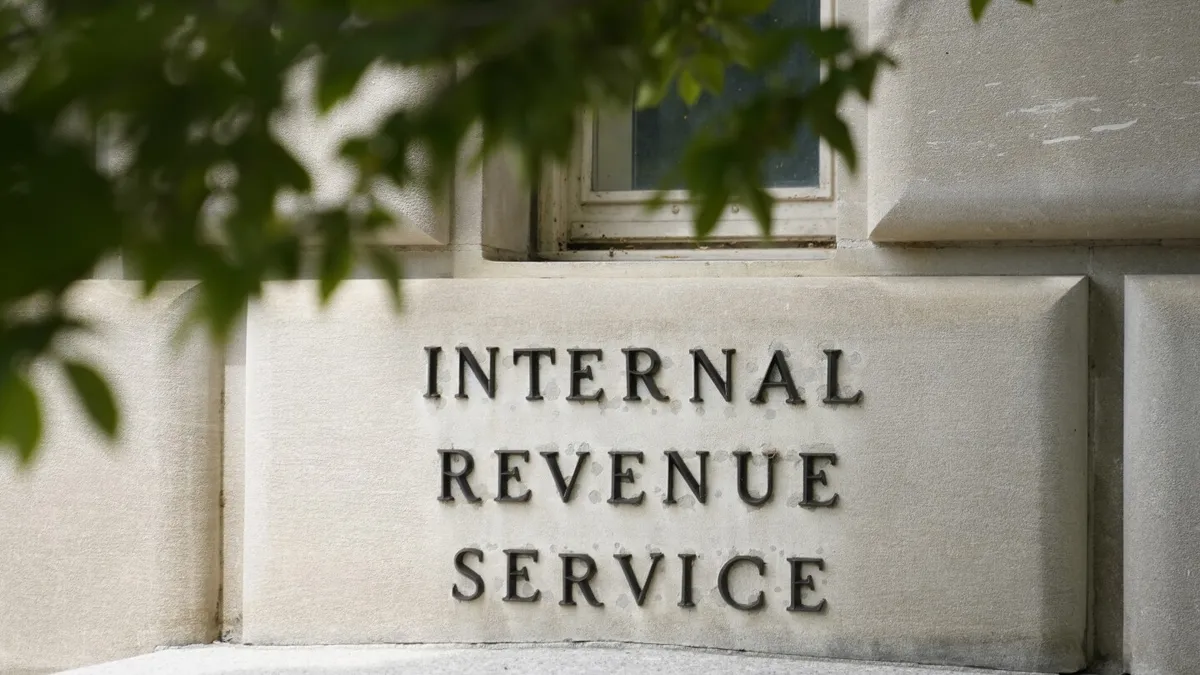
The IRS has announced that it believes pastors who openly endorse political candidates from the pulpit should not face the risk of losing their tax-exempt status. This significant shift in policy suggests a potential exemption for religious organizations from the Johnson Amendment, a seldom-enforced rule established in 1954 and named after then-Senator Lyndon Johnson.
In a recent joint court filing aimed at resolving an ongoing case against the IRS, the tax collection agency, alongside the National Religious Broadcasters Association—a consortium of Evangelical media entities—and other plaintiffs, has requested a federal court in Texas to stop the enforcement of the Johnson Amendment against them. This amendment prohibits tax-exempt organizations, including churches, from endorsing or opposing political candidates, thereby limiting their involvement in electoral politics.
The Christian media group and its allies originally filed a lawsuit against the IRS in August, arguing that the Johnson Amendment infringes upon their First Amendment rights, specifically the rights to freedom of speech and the free exercise of religion. On Monday, the IRS and plaintiffs asserted that the Johnson Amendment should be interpreted in a way that does not affect communications between faith leaders and their congregations during religious services.
The New York Times was the first to report on this significant court filing. Historically, the IRS has not aggressively enforced the Johnson Amendment against places of worship regarding statements related to electoral politics. The issue gained heightened visibility during President Donald Trump's administration, as he expressed a desire to abolish the Johnson Amendment. In 2017, Trump signed an executive order directing the Treasury Department to overlook this rule, emphasizing that he would “totally destroy the Johnson Amendment” to allow faith representatives to speak freely without fear of consequences.
Earlier this year, Republican lawmakers took further steps by introducing legislation aimed at repealing the Johnson Amendment. This legislative push highlights a growing movement among certain political factions to enhance the role of religious organizations in the political arena, fostering discussions about the intersection of faith and politics in America.
While representatives from the IRS and the National Religious Broadcasters Association did not respond to an Associated Press request for comment, the implications of this court filing could pave the way for a new understanding of the relationship between churches and politics in the United States.